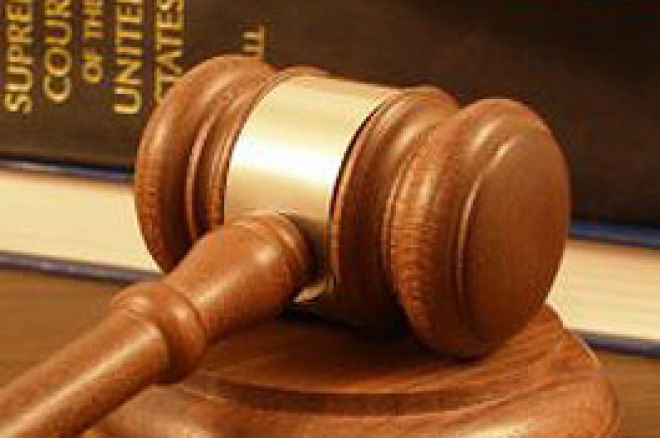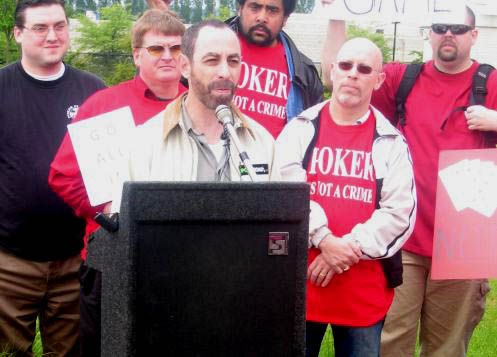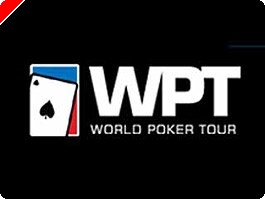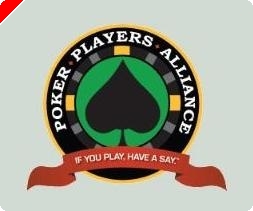Washington Judge Rejects Bid to Overturn Online Poker and Gambling Ban

In a closely watched case that could have significant consequences for the online gaming industry, a King County judge on Thursday upheld a Washington state statute that outlaws Internet gambling. But Lee Rousso, the attorney who brought the case seeking to have the law overturned, has vowed to continue the fight. He promised an appeal saying he will take his case all the way to the U.S. Supreme Court if necessary.
The 2006 statute at the heart of the case was an amendment to the 1973 Washington Gambling Act, which had previously only banned the "receipt or transmission of gambling information" through such means as the radio, phone and telegraph. The amendment broadened the law to include the Internet. The amendment also upgraded a violation of the law from a gross misdemeanor to a felony, and made violations of the law subject to seizure and forfeiture.
Rousso, the Washington State Director of the Poker Players Alliance, filed a lawsuit on July 1, 2007, seeking to have the amendment declared unconstitutional. Rousso contended that the new law discriminated against interstate businesses and, thus, violated the Commerce Clause of the U.S. Constitution. He argued that the law was enacted to benefit the state's brick-and-mortar casinos and card rooms, at the expense of Internet gambling companies, noting that the law arose from a bill sponsored by Sen. Margarita Prentice, D-Renton, whose district contains the benefited casinos and card rooms. State Assistant Attorney General Bruce Marvin countered that Congress gave to the states primary authority over their own criminal laws and that Washington's law bans online gambling regardless of whether a company operates in or out of state.
On May 16, 2008, State Court Judge Mary Roberts dismissed Rousso's complaint, finding that Rousso had not proven that the state law unfairly protected gaming interests inside the state at the expense of interests outside the state. She also stated that the state's historically strict prohibition on gambling influenced her ruling. However, Rousso countered that the law was hypocritical and blatantly discriminatory. "The state loves gambling, it's a gigantic business. It's just the state protecting its turf."
Rousso, who earlier this year aborted his plans to run for governor of Washington, spoke after the ruling to his supporters gathered outside the courthouse and urged them to lobby politicians to change the law. He encouraged them "to continue to fight the good fight." Rousso added: "We are going to win this battle. Maybe not today, maybe not tomorrow, but someday soon."
Among those outside the Kent county courthouse supporting Rousso's lawsuit were poker pros Andy Bloch and Barry Greenstein. Greenstein argued against the state ban, saying, "the politicians are dictating what you can do in the privacy of your own home. Makes it look like a pretty backward place."
<center>

</center>
<center>Talking Bear: Greenstein speaks outside the Courthouse (photo: Ackbleh)</center>
Washington state Gambling Commission spokeswoman Susan Arland disagrees. She said the law is meant to protect the public from the risk of playing on unregulated sites. "You don't know who's behind that screen. You don't know if the games are fair or honest. You don't know if you get paid your winnings."
Supporters of online poker see it differently. As the bright red t-shirts they wore at the post-decision courthouse rally stated, "Poker is not a crime."








